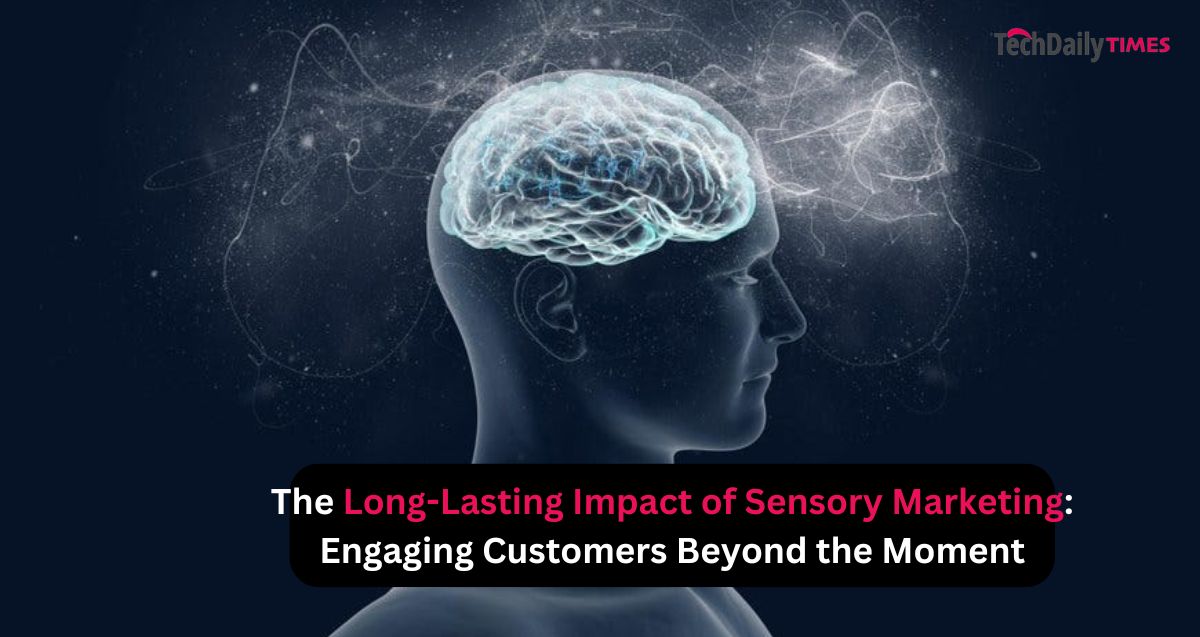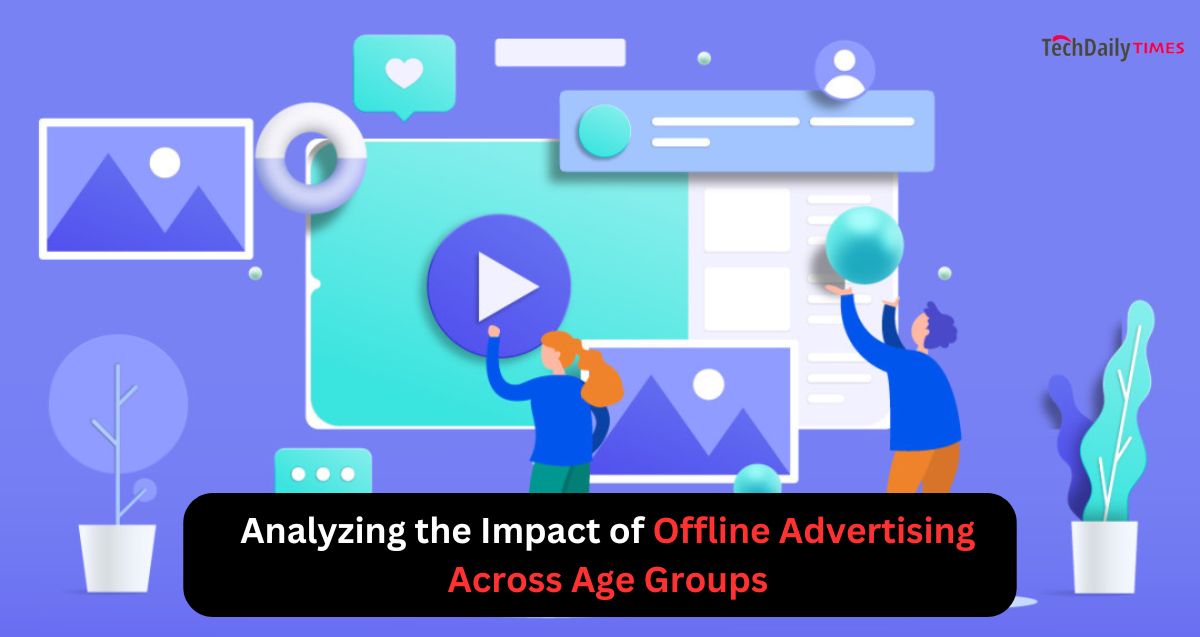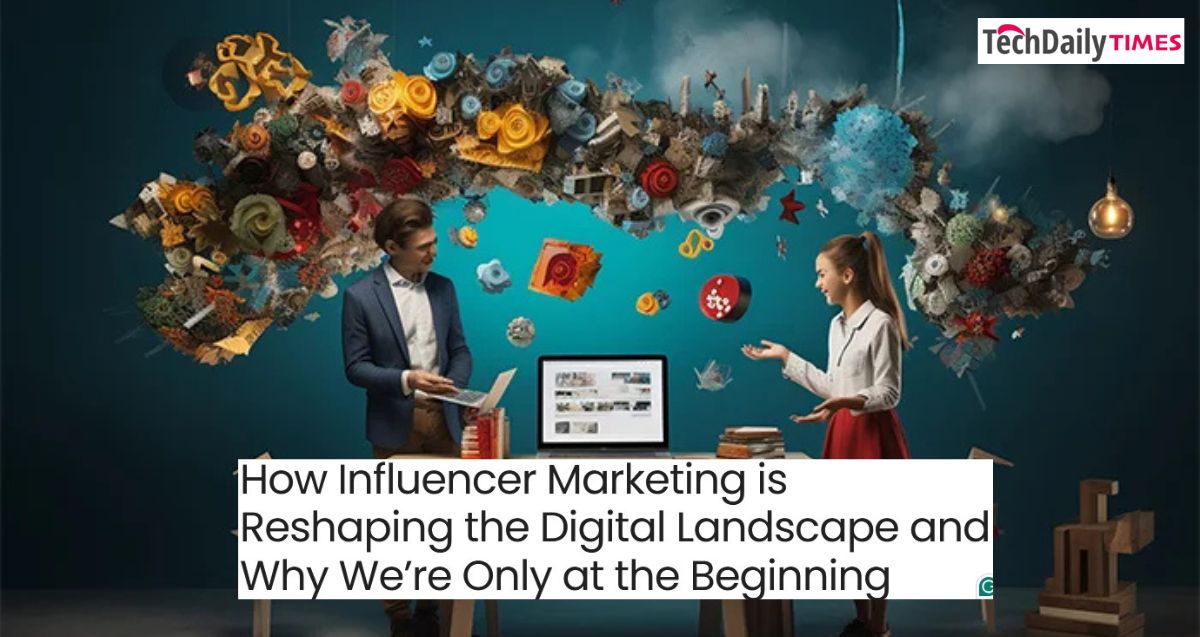In today’s highly competitive market, capturing consumer attention is no longer enough; businesses need to create experiences that resonate on a deeper level. This is where sensory marketing comes into play, leveraging the power of sight, sound, taste, smell, and touch to evoke emotional connections and leave a lasting impact. By engaging multiple senses, brands can influence consumer behavior, enhance brand loyalty, and create memories that last long after a purchase is made.
The key to sensory marketing’s long-term impact lies in its ability to tap into human psychology. Our senses are directly linked to emotions and memory, meaning a well-crafted sensory experience can not only enhance the immediate interaction with a product or service but also foster a deeper, more enduring bond. For instance, the distinct smell of a favorite coffee shop, the texture of luxury packaging, or the background music in a retail store can all trigger positive associations that keep customers coming back.
As brands continue to explore more immersive marketing strategies, sensory marketing stands out for its ability to turn everyday consumer experiences into memorable, emotionally-charged moments. Its long-lasting impact isn’t just about making a sale—it’s about shaping perceptions, building relationships, and ultimately influencing consumer preferences over time.
Infographic provided by Orbus Visual Communications®, a provider of a business table cover











